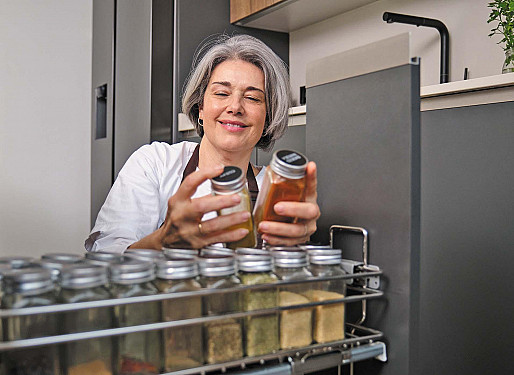Commonsense strategies to help you eat more fruits and vegetables

According to a recent national food survey by the CDC, 87% of American adults do not eat the minimum daily recommended portions of fruit (1.5 to 2 cups), and 91% are not getting the recommended amount of vegetables (2 to 3 cups a day). The reasons for this unhealthy trend vary. One important factor is that food preferences, including an aversion to fruits and vegetables, form early in life and can be hard to change. "People say, 'I don't like salad' and 'I don't like spinach,' and that's that," says Stacey Nelson, a registered dietitian and manager of clinical nutrition at Harvard-affiliated Massachusetts General Hospital.
To continue reading this article, you must log in.
Subscribe to Harvard Health Online Plus (HHO+) to unlock expert-backed health insights, personalized tools, and exclusive resources to feel your best every day.
Here’s what you get with your HHO+ membership:
- Unlimited access to all Harvard Health Online content
- 4 expertly curated newsletters delivered monthly
- Customized website experience aligned to your health goals
- In-depth health guides on topics like sleep, exercise, and more
- Interactive features like videos and quizzes
- Members-only access to exclusive articles and resources
I’d like to subscribe to HHO+ for $4.99/month to access expert-backed content to help make smart, informed decisions about my well-being.
Sign Me UpAlready a member? Login ».
Disclaimer:
As a service to our readers, Harvard Health Publishing provides access to our library of archived content. Please note the date of last review or update on all articles.
No content on this site, regardless of date, should ever be used as a substitute for direct medical advice from your doctor or other qualified clinician.















